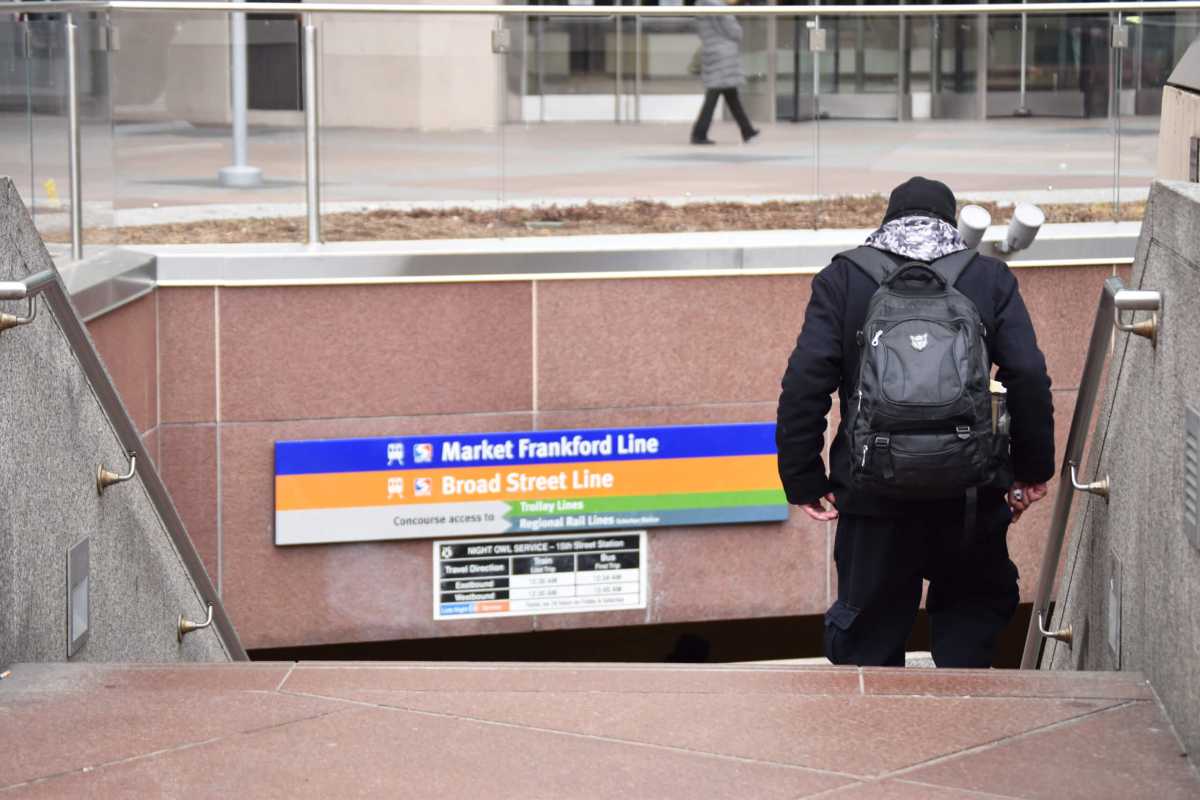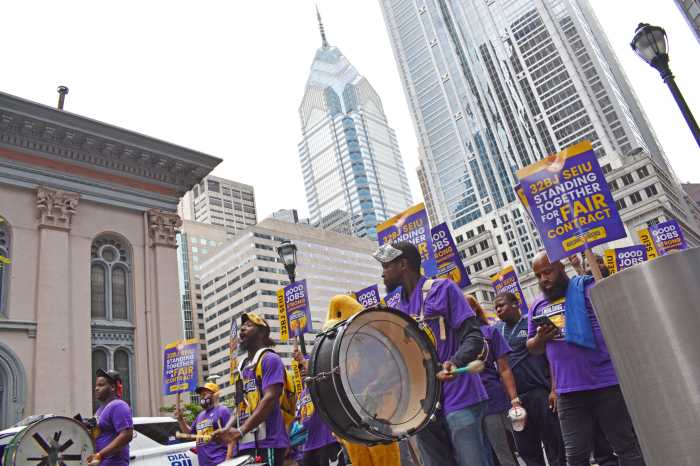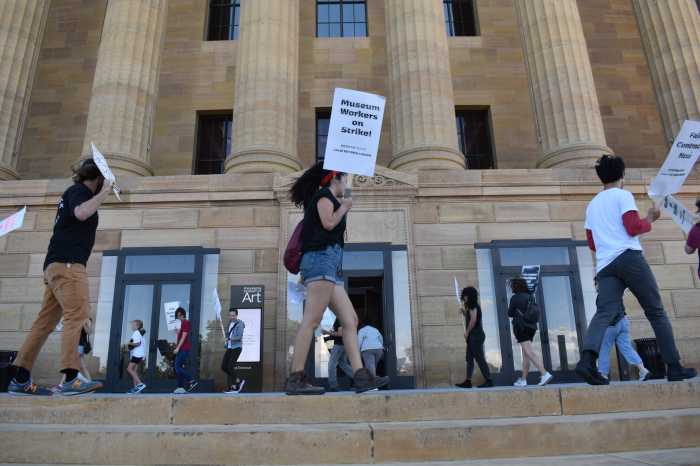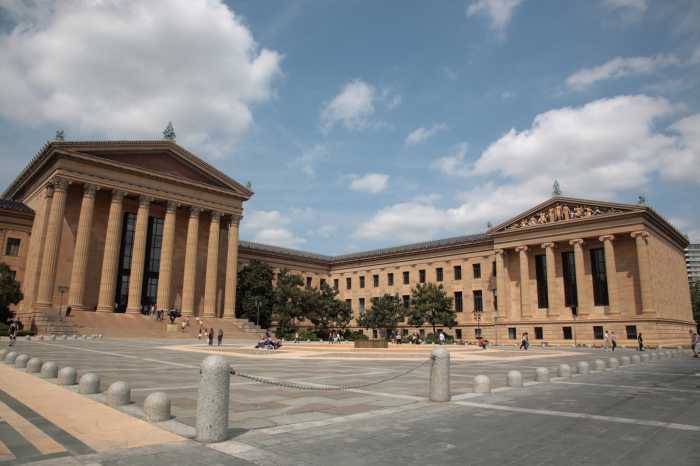SEPTA is hoping to reach an agreement with its largest union before their contract expires at the end of the month.
Members of Transport Workers Local 234 voted Sunday to authorize a strike if Oct. 31 passes without a deal, a procedural step that allows the union’s leadership to call for a walkout if negotiations break down.
Local 234 representatives did not respond to requests for comment; however, union officials laid out their priorities in a newsletter sent to employees Tuesday.
Among their goals are higher wages and better starting pay for new hires, in part to address labor shortages. They also want SEPTA to increase monthly pension benefits and restrict forced overtime. Safety is another long-running concern for Local 234.
Brian Pollitt, the union’s president, told members Sunday that the labor movement is gaining momentum, with the recent contract for UPS employees and the well-publicized United Auto Workers strike, according to the newsletter.
Local 234 represents about 5,000 drivers, maintenance workers and other SEPTA employees, and their contract usually sets the tone for the authority’s discussions with its other unions.
“Our focus remains on negotiating in good faith and working toward getting a contract in place before the current one expires on Oct. 31,” SEPTA spokesman Andrew Busch told Metro.
Local 234 members, as a result of the current two-year contract approved in 2021, received two raises of 3%, additional parental leave and a pandemic bonus. The union has gone on strike 10 times since 1977, most recently in 2016.
“We think that there is still plenty of time left to continue negotiations and reach a deal,” Busch said. “We want a deal that is fair to our hardworking, frontline employees. Obviously, we have to keep in mind our financial situation.”
SEPTA is in a precarious position, as it continues to work to regain riders in the aftermath of the coronavirus pandemic.
General Manager Leslie Richards told state lawmakers last month during a hearing that the transit agency needs additional funding to avoid a “death spiral” of fare hikes, service cuts and layoffs.
When federal coronavirus relief dollars run out next spring, SEPTA will face a $240 million annual deficit, transit officials have said. To cover that gap, the authority would need to slash service 20% and raise cash fares to $3, Richards said.
SEPTA has proposed increasing public transportation’s allocation of state sales tax revenue, from 4.4% to 6.4%. Legislators would need to incorporate the provision during fiscal code negotiations, which are ongoing in Harrisburg.

































